I wrote this article in Japanese and translated it into English using ChatGPT. I also used ChatGPT to create the English article title. I did my best to correct any translation mistakes, but please let me know if you find any errors. By the way, I did not use ChatGPT when writing the Japanese article. The entire article was written from scratch by me, Saikawa Goto.
Introduction
Movies and books covered in this article

Three takeaways from this article
- When justice is in conflict, a “wrong question” can arise.
- The conflict between “decision makers” and “those who press the switch of weapons” is completely different.
- I cannot like either a decision without hesitation or an attitude that postpones the decision.
Self-introduction article


Published Kindle books(Free on Kindle Unlimited)
“The genius Einstein: An easy-to-understand book about interesting science advances that is not too simple based on his life and discoveries: Theory of Relativity, Cosmology and Quantum Theory”
“Why is “lack of imagination” called “communication skills”?: Japanese-specific”negative” communication”
The quotes used in this article are based on notes taken at the movie theater from movies in Japanese and are not direct quotes from the foreign language original movies, even if they exist.
In order to “Realize Justice,” do We have to Find the “Right Answer” Even to the “Wrong Question”?

The importance of “finding the right answer” is something that everyone understands. However, there is one point that is often forgotten: “whether it is an appropriate ‘question’ to answer.” In the world, there are many cases where the question itself is wrong. In such cases, it can be said that “it is more important to point out that it is a ‘wrong question'” than “how to reach the ‘right answer’.”

However, there are times when we have to answer even knowing that it is a “wrong question.” This is especially true in situations involving “justice.”
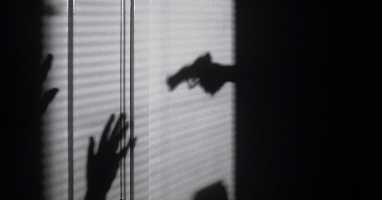
If we say that “believing that ‘we are right'” is one aspect of “justice,” then “justice” can easily lead to conflicts. Whether in world affairs or in the home, there are various situations where “justice” can come into conflict.
And when it comes to achieving “justice” with things like “national interests” or “human life” at stake, we may face situations where we have to answer questions that don’t seem very suitable to answer.

In this movie, a situation arises as follow.
One must choose between killing a young girl or allowing over 80 people to potentially die.
This is clearly a “wrong question” and not something that is appropriate to answer. However, some sort of answer is demanded in response to this “wrong question.”
What would you decide?

I’ve encountered a similar question before in Michael Sandel’s book “Justice” (Hayakawa Publishing). In this book, the “Trolley Problem” is presented, where it is asked whether sacrificing one person’s life to save five people on a runaway trolley can be considered “justice.”


Of course, the answer depends on the circumstances. In the case of the “Trolley Problem” example mentioned earlier, many people do not feel much resistance to the means of “changing the direction in which the trolley is going from where there are five people to where there is one person by switching the rails,” but many people seem to reject the means of “pushing someone from the bridge and stopping the trolley by making it crash into the trolley. Both options involve “saving five people and sacrificing one” with your own actions, but whether you directly act or not is an important factor.
In the movie, a decision is forced on whether to bomb a house with weapons carried by an unmanned reconnaissance drone. If the house is not bombed, there is a possibility of over 80 deaths, but if the house is bombed, one girl will almost certainly lose her life. In this scene as well, the nature of the conflict will change depending on whether they directly act or not. And in the movie, the “decision-maker” and the one who “presses the weapon’s switch” are different people.

If I were the “decision maker”, I would naturally be in great conflict, but I think I could eventually come up with some kind of “answer”. No matter what decision I make, it doesn’t change the fact that a life will be lost. Therefore, I feel that I would make a decision that minimizes the damage.
However, if I were the one “pushing the switch of the weapon,” I don’t think I could think the same way. I understand that if I don’t push the switch, 80 people will die somewhere else. But does that mean I can kill a girl with my own hands?
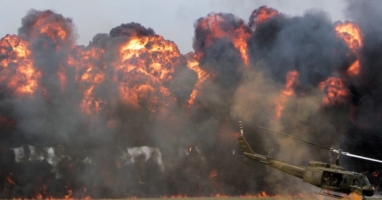
Since it is a military organization, orders are absolute, and I don’t think there is any “room for hesitation” for someone who is “pressing the switch of a weapon” in the first place. However, that wouldn’t mean they can behave like “I was ordered to do it, so I’ll just press the switch right away.” Even if they ultimately have to press the switch, they should at least act with a minimum of conviction after having convinced themselves in their own way.
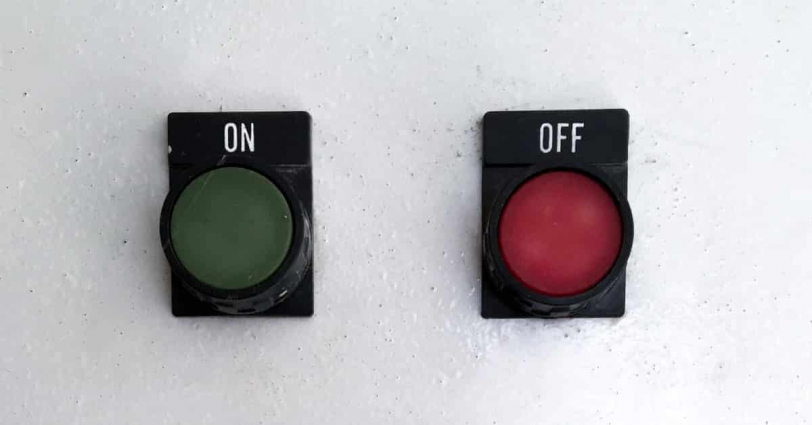
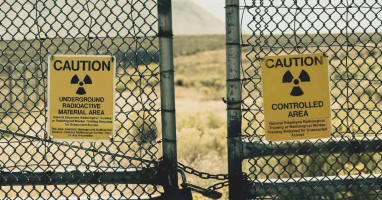
What kind of decision can be made in such a situation?
If you think “There is no need to think because there is no opportunity to face such a ‘question'”, then it can be said that your thinking is shallow. For example, in the case of the COVID-19 pandemic, there is a conflict between “death from COVID-19” and “death from economic hardship” as to which one should be avoided. Both arguments are “justice” and involve “human life”. It can only be said that the “situation itself that must face such a ‘question'” is a “mistake”, but it is not a reason to say “I don’t have to answer because it’s a ‘wrong question’.” We must come up with some kind of answer, even if it is by force.

While this movie talks about war, the “question” it poses is related to our everyday lives as well.
“War” is Happening in “Conference Rooms”
Furthermore, this movie has another modern background. That is the point that “the war is held in the conference room.” If weI pay homage to a famous line, it would be “The war isn’t happening in the field. It’s happening in the conference room.” (There is a line from a famous Japanese drama’s protagonist that says “The case isn’t happening in the conference room. It’s happening in the field.”)
The person controlling the unmanned reconnaissance aircraft carrying weapons is not in the conflict zone. They control it from a remote location while watching “on-site images” from 20,000 feet above.

Therefore, both “those who make decisions” and “those who press the switch of a weapon” understand that they will not have their lives taken away for any reason.
In wars of the past, it should have been done with the determination to “lose one’s own life” to “kill the enemy.” The situation of “war” is fundamentally a “mistake,” but even so, I have the feeling that “it is possible to take away the lives of others because one’s own life is also at risk.” If I had to forcibly affirm the insane situation that I cannot believe is right, there would only be the logic of “equality in that one’s own life is also in danger.”

However, it can be said that such a balance no longer exists in modern wars. This is because in a “safe meeting room” where it is known that one’s own life will never be lost, the decision of “whose life should be taken” is made.

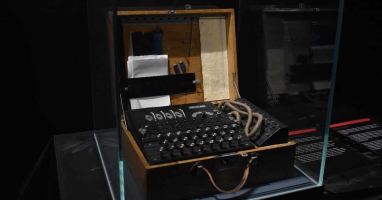
I feel that it is a completely abnormal situation.
In a situation where everything is “wrong,” we cannot pursue peace without finding the “right answer.” Such a world feels too empty.
Content Introduction

Colonel Powell of the British military is pursuing a radical Islamic group called Al-Shabaab. Finally, he captured their most important member in Nairobi, Kenya. He had been tracking them for six years, and this was the first time he had come this close, so plans were hastily made. As a result, it was decided that the Kenyan ground forces would storm the hideout once the main members had assembled.
However, it wasn’t that simple. A woman who was believed to be their target came out of a building but moved to a house in Al-Shabaab-controlled territory without her identity being confirmed. The operation cannot be executed unless the woman’s identity is confirmed. Therefore, local associates were sent to approach the house, and using a small camera called an “insect,” they were finally able to identify the woman’s identity by taking footage inside the building.

Colonel Powell suggests using the Hellfire missile on the house using an unmanned reconnaissance drone called the Reaper. However, the COBRA member of the cabinet rejects the plan, saying that the objective is to capture, not kill.
However, the situation changes further. The reconnaissance from the “insect” reveals that they are planning a suicide bombing. If executed, it is certain that at least 80 or more civilians will be killed. To prevent the tragedy, it is necessary to bomb the hideout as soon as possible.
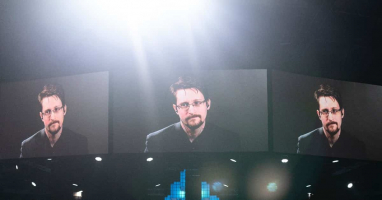
The debate within COBRA is getting complicated. Even the Cabinet Minister with the authority to make decisions is withholding judgment, saying “approval from higher-ups is needed.” Colonel Powell is getting impatient, but the discussion in COBRA is not making any progress.
While the British military is stuck, the situation on the ground is changing. To their surprise, in front of the house scheduled to be bombed, a girl starts selling bread…

Impression
It was a thought-provoking movie. It maintained a sense of tension throughout and was very thrilling in terms of storytelling.
The most significant thing I felt was that “they need to make decisions faster.” This doesn’t mean “just bomb it quickly.” It’s okay to make a decision not to bomb. Stalemate situation must be what should be avoided the most. If we are in a position to make a decision, it made me feel that we need to make a decision faster.

Of course, I don’t think I could make a quick decision if I were in the same position. However, I aim for a life where I don’t have to be in a position where such an ultimate decision is required. Whatever the reason, if you find yourself in that position, you have no choice but to make a decision.
The members of COBRA delay their decision, thinking, “Isn’t there an answer that no one will complain about?” However, such a thing does not exist because “the question itself is wrong.”

If it wasn’t a “wrong question,” there might be a “perfect answer” that no one would complain about, and it might be worth delaying the decision and taking the time to examine the situation if there was such a possibility. However, in the situation depicted in this movie, the “question” is fundamentally wrong to begin with. Therefore, no matter what “answer” they choose, it will all be “incorrect.” Since they are trying to pick the best of the “wrong answers,” it would be strange if “no one complains.” They are truly having a “fruitless argument.”

When it comes to combat, “Rules of Engagement” are often discussed. Roughly speaking, “Rules of Engagement” is like a “rulebook for war”. If one follows the internationally established “rules of war”, “taking human lives” can also be justified. The situation they are facing is agreed to have cleared the “Rules of Engagement”.
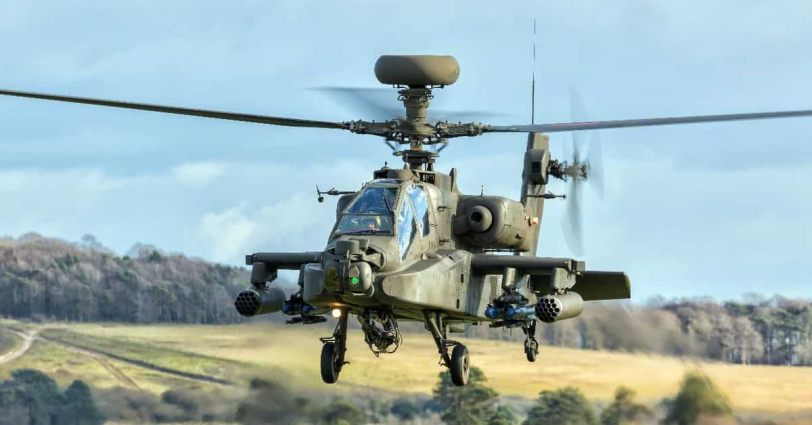
In other words, the only remaining problem is a humanitarian one. It is impossible to compare “80 lives” with “the life of one girl”. They have no choice but to make a decision, even if it is forced or anything.
However, although I write something contradictory, I also feel uncomfortable with “decisions that show no hesitation”.

Colonel Powell never wavers in his decision to “bomb the house” from beginning to end. Objectively speaking, there is no hint that he is unsure about his judgment. Certainly, his unwavering decision-making as a leader is impressive.
However, on the other hand, some may find his unwavering confidence scary.

I can’t trust people who have no hesitation about their own words and actions being wrong. There are no “absolutely right things” in the world. Furthermore, Colonel Powell’s situation involves “human life.” In such a situation, I feel afraid of the stance of making decisions without any hesitation.
Actually, I think my own thoughts are nothing more than “armchair theory” that doesn’t know reality. Saying that it’s no good to make decisions without hesitation, but it’s also no good to delay decisions is just a double standard, and in the end, people like me are probably the most useless in real situations.
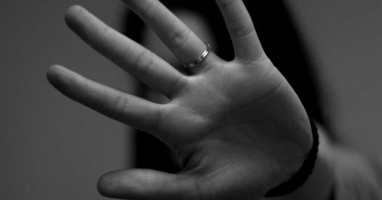
Still I want to keep questioning “Is this really okay?” and want to be someone who continues to worry about “the wrong question.”
In the movie, the inner conflict of the “person who presses the switch of a weapon” was impressive. He is certainly a “soldier,” but he is just a young man who joined the army for the purpose of “paying off his student loans.” He has only done reconnaissance missions so far and naturally does not have much experience as a soldier. Such a person has been entrusted with the “Hellfire switch.”
If he had joined the military with a determination to protect the national interest and justice, it would be one thing, but for young people who are only thinking of the military as a “temporary detour to stabilize their future lives,” the decision to “push the switch and kill the girl in front of them” is far too heavy.
The conflict he faces may not be relevant to the general public in Japan, but it is important to imagine that there are people in the world who are in his position.

Conclusion
To argue that something is “right,” some kind of “evaluation criteria” is necessary. It would be a meaningless act to judge whether something is “right” or “wrong” without having a proper “evaluation criteria.”

The film will focus on “the ‘wrong question’ that cannot lead to the ‘right answer’ no matter what axis of evaluation is chosen”. From such a story, why not think about what evaluation criteria we usually use to judge things?

Published Kindle books(Free on Kindle Unlimited)
“The genius Einstein: An easy-to-understand book about interesting science advances that is not too simple based on his life and discoveries: Theory of Relativity, Cosmology and Quantum Theory”
“Why is “lack of imagination” called “communication skills”?: Japanese-specific”negative” communication”

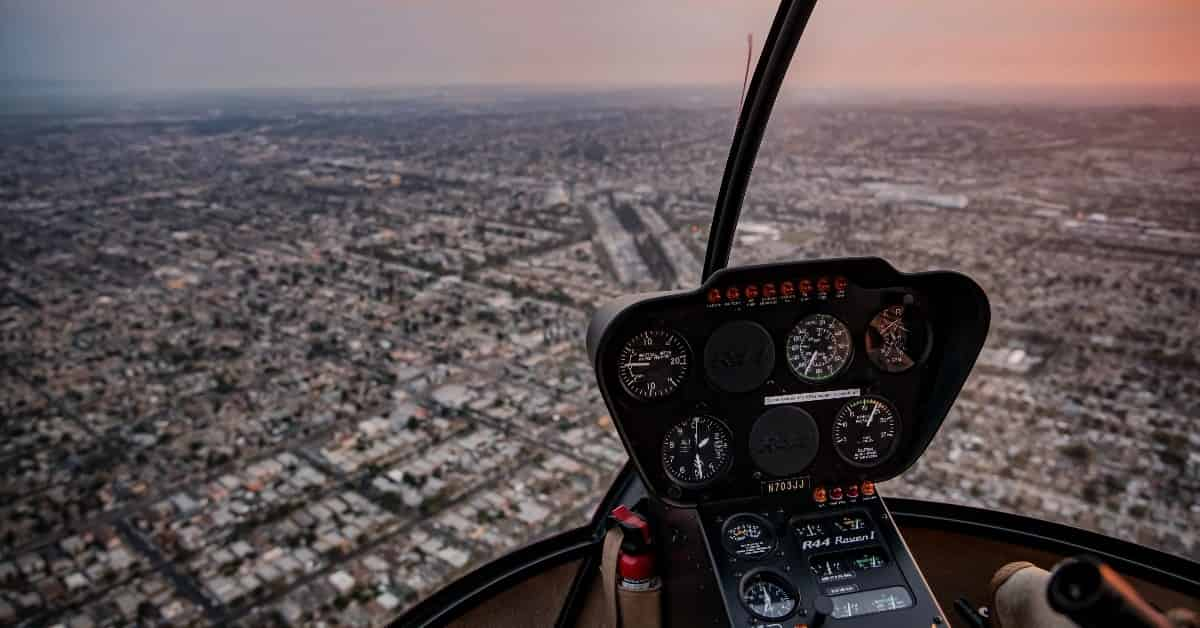





コメント